- This event has passed.
EN Webinar: Ventless Washer Dryer Combos
August 21, 2024 @ 12:00 pm - 1:00 pm PDT

Ventless Washer Dryer Combos – Convenience and Efficiency
Washers and dryers account for anywhere from 8-10% of the energy use in our homes and a significant amount of our water use. Heat pump dryers are rated ENERGY STAR’s most efficient dryers on the market, using roughly 75% less energy than a typical electric resistance or gas dryer. They use heat pump technology to move heat rather than create it, and have many other benefits including the elimination of venting to the outdoors.
Manufacturers from GE to Samsung to LG offer heat pump dryers and have recently released combo washer + heat pump dryers that wash and dry a complete load of laundry in the same machine. Early reviews of these products are very positive for their short cycle time, energy efficiency and because they reduce the required laundry appliances from 2 to 1. That saves space in your laundry room and also means that no transferring of wet clothes from the washer to the dryer is required – you can load it once and come back when it is finished. Combo washer + heat pump dryers became the number one selling front load washer last year and sold more units in their first months on the market than previous years of heat pump dryer sales.
Not only do combo washer + heat pump dryers have the potential to save time and improve a homeowners’ washing/drying experience, they greatly reduce energy use required to dry clothing. Most also plug into a 120 volt outlet which makes it possible for homes with gas dryers to easily switch to more efficient electric equipment.
Join us for a 30-minute webinar in which we talk about: What is a combo washer + heat pump dryer and how does it work? What are the advantages and disadvantages of combo washer + heat pump dryers? What models are on the market? How do new combo appliances overcome challenges to create a better laundry experience? What are the expected time and energy savings? How do the smart features on these models further reduce electrical costs and help the grid?

